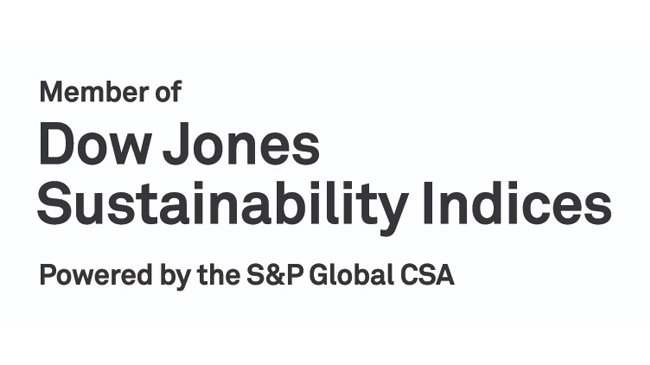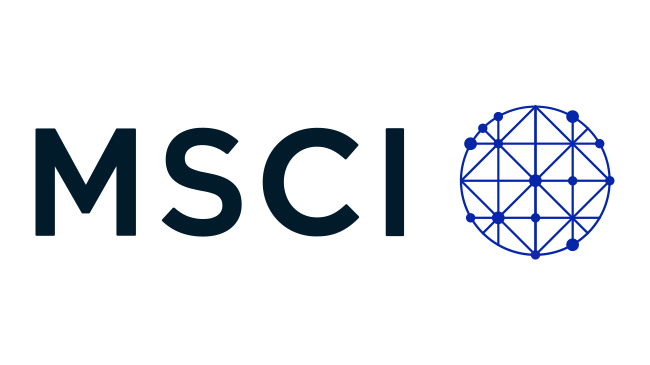- Home
- ESG
- ESG Strategy
ESG Strategy
With ESG and sustainability as our core competitive edge,
we are making a leap to become a better company for a better world.
we are making a leap to become a better company for a better world.
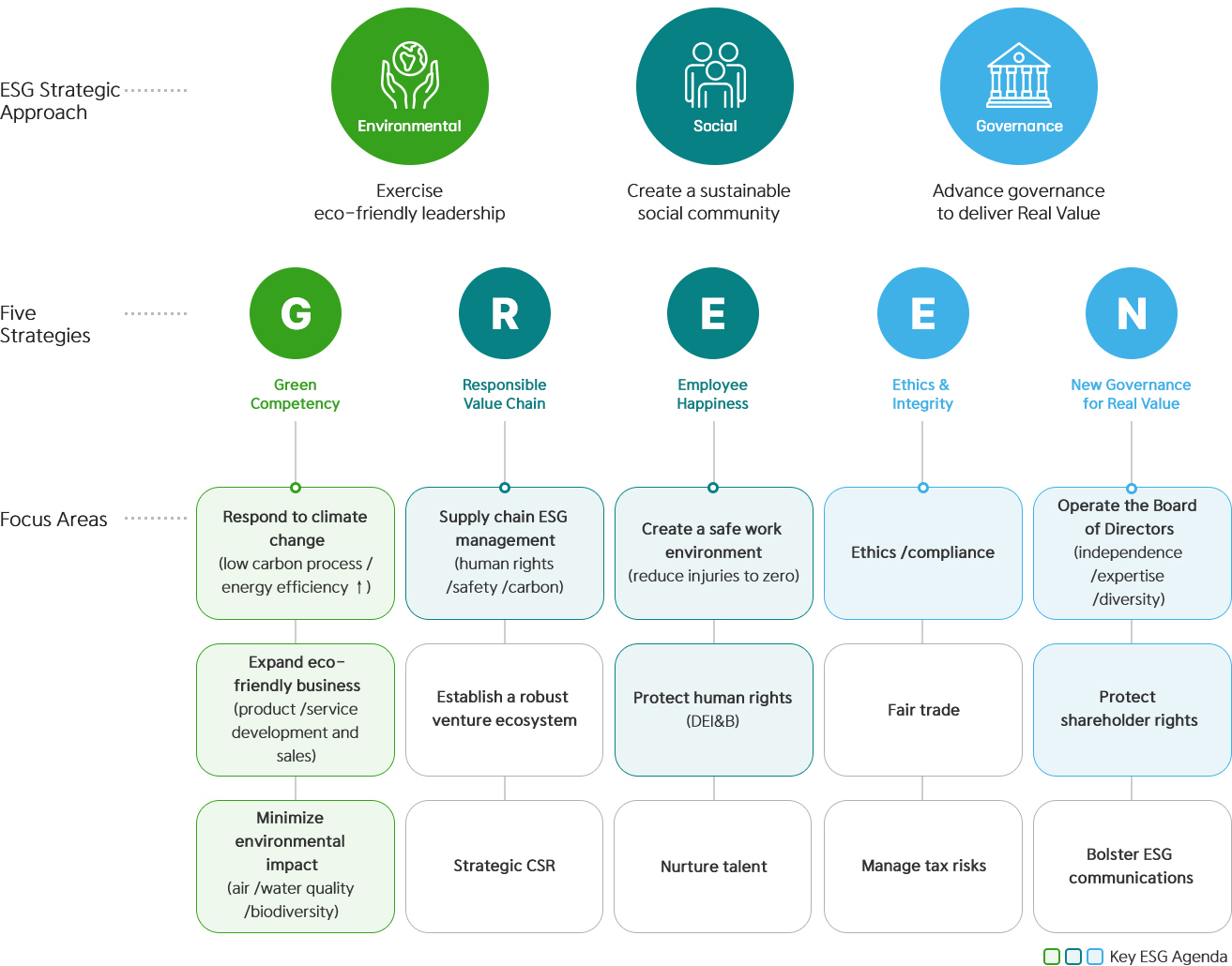
| Name of Certification | Original Approval Date | Certification Period | Location (Product) | Certification | |
|---|---|---|---|---|---|
| Occupational Health and Safety Management System | ISO 45001 | '12.10.17 | '21.10.17~'24.10.16 | Pohang Head quater | 1. ISO45001(KOR) KOR 1. ISO45001(ENG) ENG |
| '12.07.02 | '21.07.02~'24.07.01 | Pohang Plant | |||
| '12.10.17 | '21.10.17~'24.10.16 | Gwangyang Plant | |||
| '19.05.15 | '22.05.15~'25.05.14 | Gumi Plant for the cathode material | |||
| '20.07.02 | '20.07.02~'23.07.07 | Gwangyang Plant for the cathode material | |||
| '15.06.08 | '21.10.17~'24.10.16 | Sejong Plant for the anode material | |||
| Envionmental Management System | ISO 14001 | '11.12.13 | '20.12.13~'23.12.12 | Pohang Plant #2 | 1. ISO14001(KOR) KOR 2. ISO14001(ENG) ENG |
| Pohang Plant #1 | |||||
| Gwangyang Plant | |||||
| Pohang Plant #3 | |||||
| Sejong Plant for the cathode material #1 | |||||
| Gwangyang Plant for the anode material | |||||
| Sejong Plant for the cathode material #2 | |||||
| Gumi Plant for the anode material | |||||
| Envrionmental Product Declaration | '21.09.15 | '21.11.30~'24.11.29 | Anodes(Natural graphite) | 3. EPD_Anode(Natural graphite) (KOR) KOR 3. EPD_Anode(Natural graphite) (ENG) ENG | |
| ’22.09.30 | '22.09.30~'25.09.29 | Cathode Material(PN6) | 3. EPD_Cathode PN6(KOR) KOR 3. EPD_Cathode PN6(ENG) ENG | ||
| ’22.09.30 | '22.09.30~'25.09.29 | Cathode Material(PN8) | 3. EPD_Cathode PN8(KOR) KOR 3. EPD_Cathode PN8(ENG) ENG | ||
| Quality Management System | ISO 9001 | '11.12.17 | '20.12.17~'23.12.16 | Pohang Plant #1 | 4. ISO9001(KOR) KOR 4. ISO9001(ENG) ENG |
| Gwangyang Plant | |||||
| Pohang Plant #2 | |||||
| Pohang Plant #3 | |||||
| ISO 16949 | '15.12.02 | '21.09.05~'24.09.04 | Gumi Plant for the anode material | 5. IATF16949_Gumi Cathode Material Plant (KOR) KOR | |
| '20.11.25 | '20.11.25~'23.11.24 | Gwangyang Plant for the anode material | 5. IATF16949_Gwangyang Cathode Material Plant (KOR) KOR | ||
| '20.08.19 | '20.08.19~’23.08.18 | Sejong Plant for the cathode material #1 | 5. IATF16949_Anode Material Plant (KOR) KOR 5. IATF16949_Anode Material Plant (ENG) ENG | ||
| Sejong Plant for the cathode material #2 | |||||
| Information Security Management System | ISO 27001 | ‘22.11.20 | ‘22.11.20~’25.10.31 | POSCO FUTURE M | 6. ISO27001(ENG) ENG |
| Family Friendly | Best Family Friendly Management | '16.12.01 | '21.12.01~'24.11.30 | POSCO FUTURE M | 7. 가족친화인증(KOR) KOR |
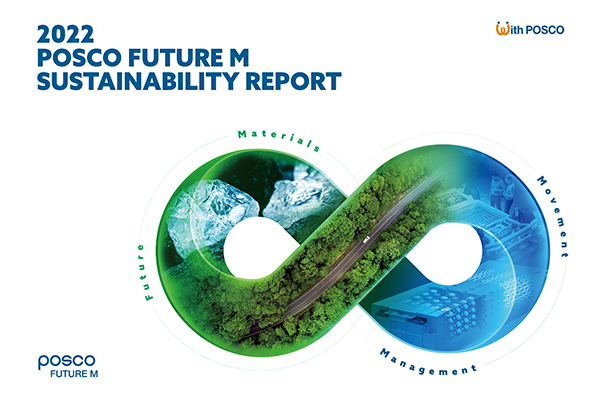
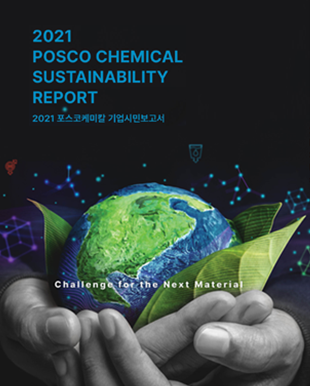
2021
CORPORATE CITIZENSHIP REPORT
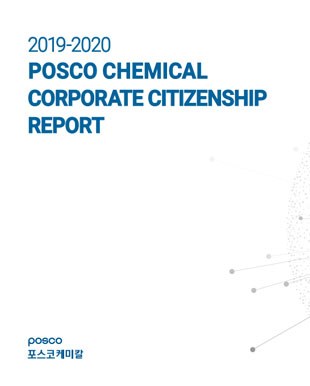
2019-2020
CORPORATE CITIZENSHIP REPORT
| Year | Total rating | Environment (E) | Society (S) | Governance (G) |
|---|---|---|---|---|
| 2023 |  |
 |
 |
 |
| 2022 |  |
 |
 |
 |
| 2021 |  |
 |
 |
 |
| 2020 |  |
 |
 |
 |
